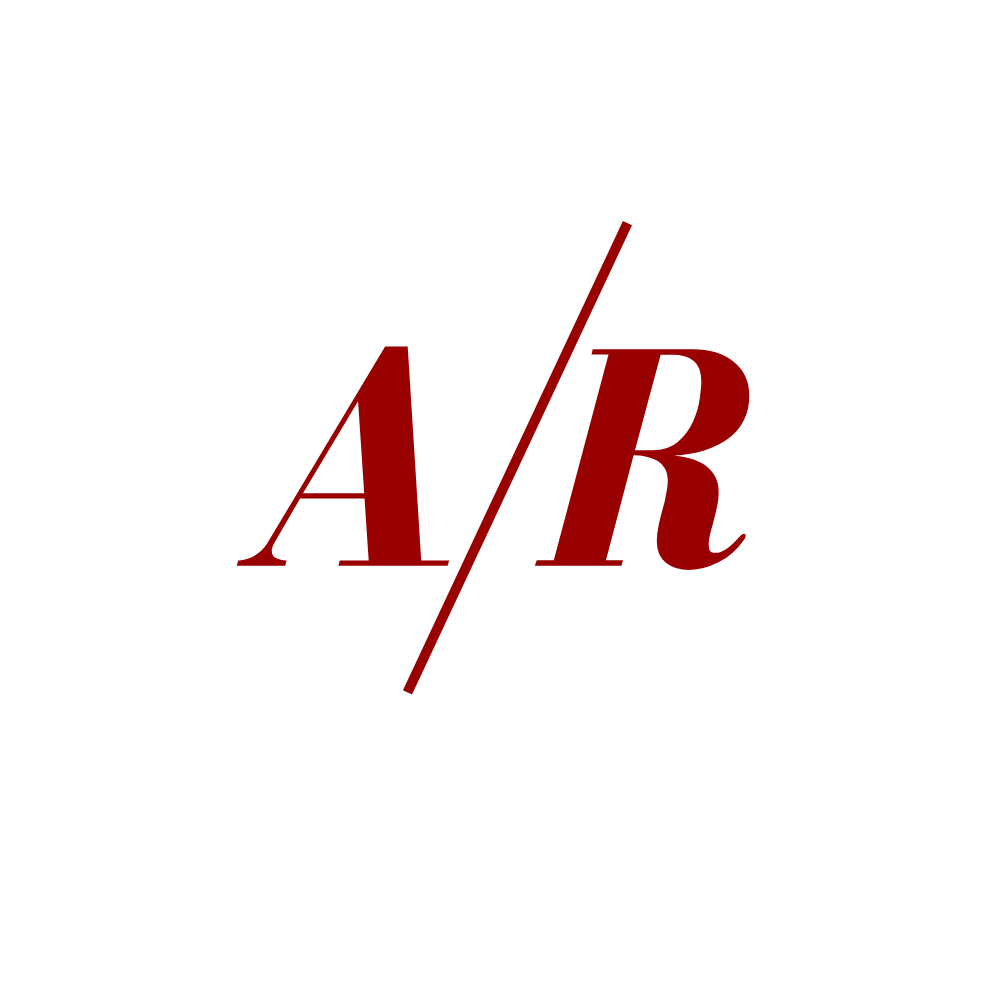From the official press release:
Allissa Richardson, Ph.D., assistant professor of communications at USC Annenberg, received the 2021 Research Prize in Public Interest Communication awarded by the University of Florida Center for Public Interest Communications. The $10,000 award honors Richardson’s research focused on the rise of new womanist communication models in the Black Lives Matter era. Based on a series of interviews, the paper reveals four women leaders’ textual and visual dismantling of Black respectability politics and carving out a new style of political communication.
The prize, which celebrates peer-reviewed research that informs the field of public interest communications, was awarded at the frank 2021 gathering on April 29, 2021. The Center also awards two $1,500 prizes for the top finalist papers. Scholars Ryan J. Gallagher, Elizabeth Stowell, Andrea Parker and Brooke Foucault Welles won for their research on how individual actions can create collective social change, focusing on the online narratives, public disclosures and policy changes around the #MeToo movement. Omar Wasow won for research on protest and how stigmatized minorities can advance agendas when confronted with hostile majorities.
A committee of researchers and practitioners selected the three finalists from the 78 entries of published peer-reviewed papers that were entered this cycle. The three finalists presented their work at the frank 2021 online gathering, where participating practitioners and scholars of public interest communications selected the winner following a short presentation and conversation. Lisa Fazio, Ph.D., assistant professor of psychology at Vanderbilt and a 2017 prize winner, guided the Q & A sessions with the scholars.
This year marked the eighth year of the prize and the frank gathering, an annual convening for social change communicators and movement builders. The prize is awarded to work that contributes to the understanding of the public interest communication field as a unique discipline, offers insight that can improve the effectiveness of public interest communication practice, details a specific public interest communication campaign, explores evaluative measures, documents specific ways in which public interest communication differs from similar disciplines, or provides insight on how to communicate effectively.

